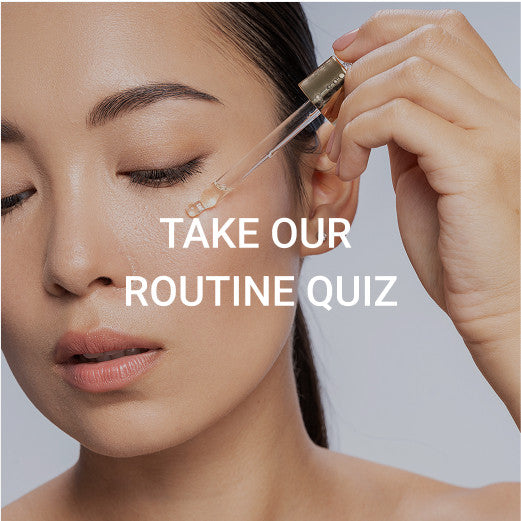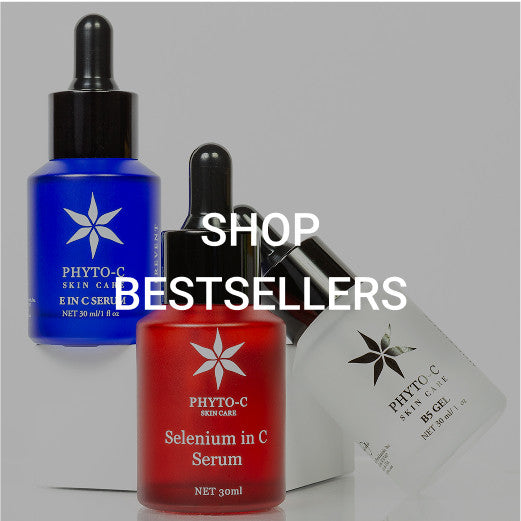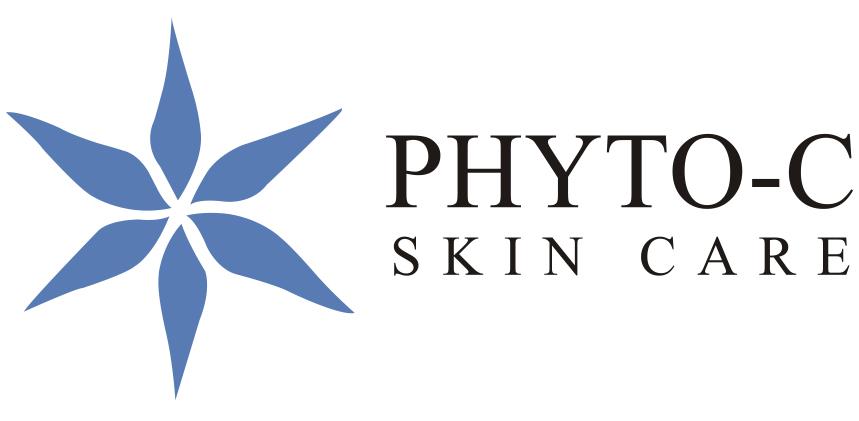If you’re on a quest for glowing skin, chances are you’ve debated between two popular skincare heroes, vitamin C skincare serums and brightening creams. Both promise radiance, even tone, and smoother texture, but which actually works better? With so many products claiming to transform your skin, it can get overwhelming. That’s where this guide steps in. We’re diving deep into vitamin C serum benefits, how they compare with traditional creams, and why this tiny bottle of antioxidants might be your skin’s new best friend. Whether you're dealing with dullness, dark spots, or early signs of aging, knowing the difference between the two can help you make the right choice. Let’s decode the hype, cut through marketing fluff, and find out whether vitamin C serum for face is really worth the switch.
Why Everyone’s Talking About Vitamin C Serums
You’ve probably asked: “What is the vitamin C serum used for?” In simple terms, a vitamin C serum for face is a lightweight skincare product packed with high concentrations of vitamin C, an antioxidant that fights free radicals, boosts collagen, and brightens your skin.
Now, that’s a lot of power in just a few drops. Unlike many traditional creams, serums absorb faster and penetrate deeper into your skin. That means quicker results and more targeted action.
The Real Vitamin C Serum Benefits
So, what makes this tiny bottle a favorite for beauty experts and dermatologists? Here are some powerful vitamin C serum benefits:
1. Brightens dull skin: Vitamin C naturally blocks melanin production, which helps lighten hyperpigmentation, dark spots, and sun damage. It gently fades post-acne marks, sun spots, and uneven tone caused by tanning. With continued use, your skin looks more radiant, awake, and visibly clearer. This makes it a go-to vitamin C serum for face if your glow feels lost under daily stress.
2. Boosts collagen: It supports skin elasticity and reduces signs of aging like fine lines and wrinkles. Vitamin C encourages the skin to produce more collagen naturally, keeping it firm and youthful. This is especially helpful for women in their late 20s and beyond, when collagen begins to decline. If you’re asking, “Which vitamin C serum is best?”, look for one with L-Ascorbic Acid for maximum anti-aging support.
3. Fights pollution and UV damage: As an antioxidant, it neutralizes free radicals caused by sun exposure and environmental stress. This protection can prevent future pigmentation and slow down premature aging. It acts like a shield under your sunscreen, especially in urban settings with heavy smog and dust. That’s why one of the top vitamin C serum uses is daily environmental defense.
4. Improves skin texture: Regular use smoothens your skin tone and reduces uneven patches. It refines the skin's surface, making it feel softer and look more polished over time. Those tiny bumps, rough patches, or dull spots gradually fade with consistent application. If you’re hunting for the best vitamin C serum for oily skin and acne-prone, choose one with added hyaluronic acid for extra hydration.
5. Pairs well with sunscreen: A good serum enhances sun protection when layered under SPF. Vitamin C and sunscreen form a powerful duo to fight UV-induced pigmentation and collagen loss. Think of it as prepping your skin with an antioxidant boost before stepping out.
If you’ve wondered, “Can I use everyday vitamin C serum?”, this combo is exactly why daily use is encouraged.
So in short, yes, and most skincare pros recommend daily use (ideally in the morning) for best results.
Brightening Creams vs. Vitamin C Serums: What’s the Difference?
Let’s be honest: brightening creams have been around forever. They often contain ingredients like niacinamide, kojic acid, arbutin, or licorice extract. These can work—but they tend to be thicker, slower-acting, and sometimes include heavy oils or synthetic fillers that aren’t ideal for all skin types. Here’s why serums come out on top:
|
Feature |
Vitamin C Serum |
Brightening Cream |
|
Texture |
Lightweight |
Thicker |
|
Absorption |
Faster |
Slower |
|
Potency |
High concentration |
Lower active % |
|
Best for |
Targeted results |
General moisturization |
|
Skin type |
All types (especially oily, combo, acne-prone) |
Mostly dry or mature skin |
In short, if you're looking for results you can see in a short time, the best vitamin C serum for face will usually outperform traditional brightening creams.
How to Use a Vitamin C Serum Correctly?
If you’re new to vitamin C serum uses or just want to make sure you’re doing it right, don’t worry—this is easier than it sounds. Think of it as giving your skin a daily boost of glow and protection. Here’s a simple step-by-step guide that actually works:
Cleanse your face—really well
Start with clean skin. Use a gentle face wash to get rid of any dirt, oil, or leftover makeup. If you’ve had sunscreen or makeup on all day, double cleansing can help. This step matters because clean skin helps your vitamin C serum for face absorb better and work more effectively.
Toner is optional, but helpful
If you already use a toner, apply it after cleansing. A light, hydrating toner can help prep your skin and make your serum sink in more smoothly. Skip anything harsh or alcohol-based, especially if your skin’s a little sensitive.
Just 2–3 drops of serum—that’s it
Less is more here. Drop a few drops of your vitamin C serum for face onto dry skin and gently press it in using your fingertips. No need to rub hard. Focus on areas where you might have dark spots, dullness, or fine lines.
Let it sit for a minute
Give it 30 to 60 seconds to absorb. This quick pause makes a difference—it lets the serum fully settle before you apply anything else. That way, you get all the vitamin C serum benefits like brightening, evening out skin tone, and supporting collagen.
Lock it in with moisturizer and sunscreen
After the serum absorbs, apply a moisturizer that suits your skin type. And if it’s morning, don’t skip sunscreen. A broad-spectrum SPF 30 or higher is key. One of the biggest vitamin C serum uses is protecting your skin from pollution and sun damage, so pairing it with SPF is a must.
You can use vitamin C serum in the morning to protect your skin throughout the day, but some people like to use it at night too, when your skin is in repair mode.
Choosing the Right One: Which Vitamin C Serum Is Best?
We get it, there are hundreds of serums out there. So, which vitamin C serum works for your face?
Look for these when shopping:
1. Concentration between 10–20%: Less than that may not be effective, more than that can irritate sensitive skin.
2. L-ascorbic acid as the key ingredient: It’s the most potent and well-researched form of vitamin C.
3. Dark glass bottle packaging: Vitamin C breaks down with light and air, so good packaging is a must.
Bonus tip: Try brands known for clean formulations and dermatologist backing like Phyto-C. It doesn’t have to be expensive—some of the best vitamin C serum for face options are available at drugstore prices.
The Final Verdict: Are Vitamin C Serums Better?
Yes, especially if you're targeting specific issues like dark spots, dullness, early signs of aging, or uneven texture. The benefits of vitamin C for skin are not just hype—they’re backed by science, dermatologists, and tons of glowing customer reviews.
That said, if you have dry or sensitive skin, pairing your serum with a gentle moisturizer (or using a milder form of vitamin C like magnesium ascorbyl phosphate) can give you the best of both worlds.
Final Thoughts
Skincare isn’t one-size-fits-all, but when it comes to brightening and glow-boosting, vitamin C serum for the face is a smart, targeted, and results-driven option. With daily use, you’ll notice your skin looking smoother, clearer, and more radiant. Whether you're a skincare beginner or ready to upgrade your routine, now you know why more people are reaching for serums over creams and seeing real results. One of the most reliable options on the market is PHYTO-C Skin Care , known for its high-potency formulas backed by clinical research. Our vitamin C serums are dermatologist-recommended and trusted by skincare professionals for visibly brighter, firmer skin.
Frequently Asked Questions:
Q1. Which vitamin C serum is best for beginners?
If you’re just starting out, it’s best to ease your skin in. Look for a serum for the face with around 10% concentration—it’s gentle enough for beginners but still gets the job done. Bonus points if it includes calming ingredients like hyaluronic acid or ferulic acid, which help hydrate and reduce the chance of irritation. Brands like PHYTO-C Skin Care are a great pick—they’re dermatologist-recommended and beginner-friendly.
Q2. Can I use vitamin C serum with retinol or AHAs?
Yes, but not at the same time. Think of serum with vitamin C as your daytime protector and retinol or AHAs as your nighttime repair team. Use your vitamin C serum for face in the morning (and always follow up with sunscreen), then save your retinol or exfoliating acids for your evening routine. That way, you get the best results without overwhelming your skin.
Q3. How long does it take to see results with Vitamin C?
Everyone’s skin is different, but most people start noticing vitamin C serum benefits like brighter skin and a more even tone in about 2 to 4 weeks. If you’re targeting dark spots or fine lines, give it a bit more time—around 6 to 8 weeks. The key is consistency. Use it daily, and don’t forget your SPF!
Q4. Can I use vitamin C serum at night?
You definitely can. While most people apply a serum with vitamin C on their face in the morning to protect against pollution and sun exposure, it works well at night too. Your skin repairs itself while you sleep, and vitamin C can help with that process, especially when it comes to boosting collagen. Just remember to moisturize after applying it so your skin stays hydrated.
Q5. Does vitamin C serum work for all skin types?
Yes, but not all formulas are ideal for everyonel. If you have sensitive skin, go for a vitamin C serum with lower strength (around 10%) and soothing ingredients to avoid irritation. For oily or normal skin, you might be able to handle stronger formulas. Listen to your skin and pick something that feels right—no stinging, no dryness, just results.


 My Account
My Account Our Story
Our Story Shipping Information
Shipping Information Returns
Returns FAQ
FAQ VIP Rewards
VIP Rewards Contact Us
Contact Us

 Next Post
Next Post